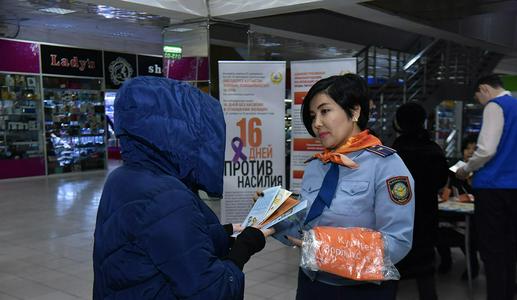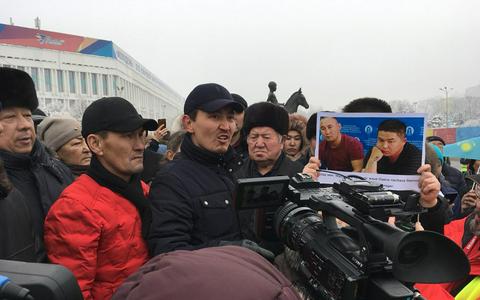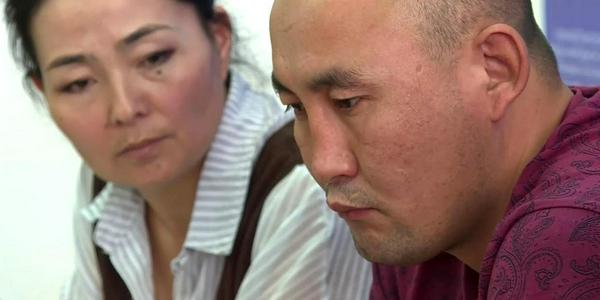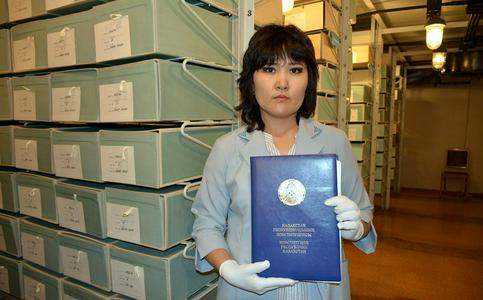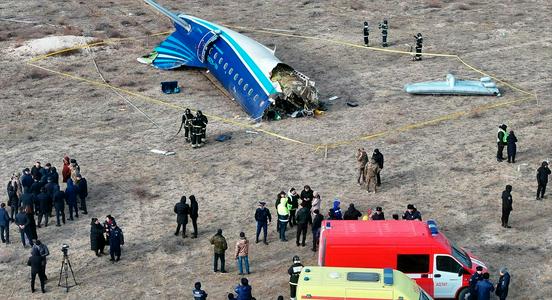Kazakhstan is the country in Central Asia most likely to charge journalists with extremism, maintaining links to terrorists and inciting discord, according to a new report by the foundation Justice for Journalists (in Russian).
The report’s authors investigated instances of pressure, threats and attacks on journalists in Central Asian countries and Azerbaijan between 2017 and 2019. The report drew on both open source information and expert interviews conducted with journalists and their lawyers.
According to the investigation’s results, over the last three years there were 18 cases in Kazakhstan of media workers being accused of extremism, inciting discord or having links to terrorists. In second place came Tajikistan with 10 cases. Kyrgyzstan was third with seven. Statistics on equivalent charges in Turkmenistan and Uzbekistan were not provided.
Kazakhstan also came out as regional leader for number of cases of intimidation and harassment of journalists – 3.34 per 100,000 population. In Kyrgyzstan this figure was 1.55, in Tajikistan 0.85, in Turkmenistan 0.55, and Uzbekistan 0.39.
Kazakhstan in fact tops the list for all forms of threats against journalists, but there has been an especially sharp rise in physical attacks and death threats or threats of physical harm against media workers in the country in recent years – up from 2 in 2018 to 19 in 2019. Last year, Kazakh journalists were also 2.5 times more likely to be arrested by the authorities than previously. The report’s authors conclude that this is linked to the growth of a wider mood of protest among the general public, since journalists are frequently arrested while reporting on protest events in major cities.
At the same time, however, the report notes that the high figures for intimidation and harassment of media workers in Kazakhstan, as in Azerbaijan, paradoxically say less about the harsh environment in which journalists are forced to operate in these countries than about the relatively high levels of freedom there. “Thus in Turkmenistan, Uzbekistan and Tajikistan – where, according to the available data, journalists are almost never subjected to attacks – such instances simply do not receive publicity due to the almost total media vacuum,” the authors write.
The non-profit foundation Justice for Journalists was set up in 2018 by former Yukos oil firm co-owner and Kremlin critic Mikhail Khodorkovsky. The organisation awards grants for investigations into crimes committed against journalists, monitors attempts to exert pressure on the media and organises personal safety courses for reporters.

